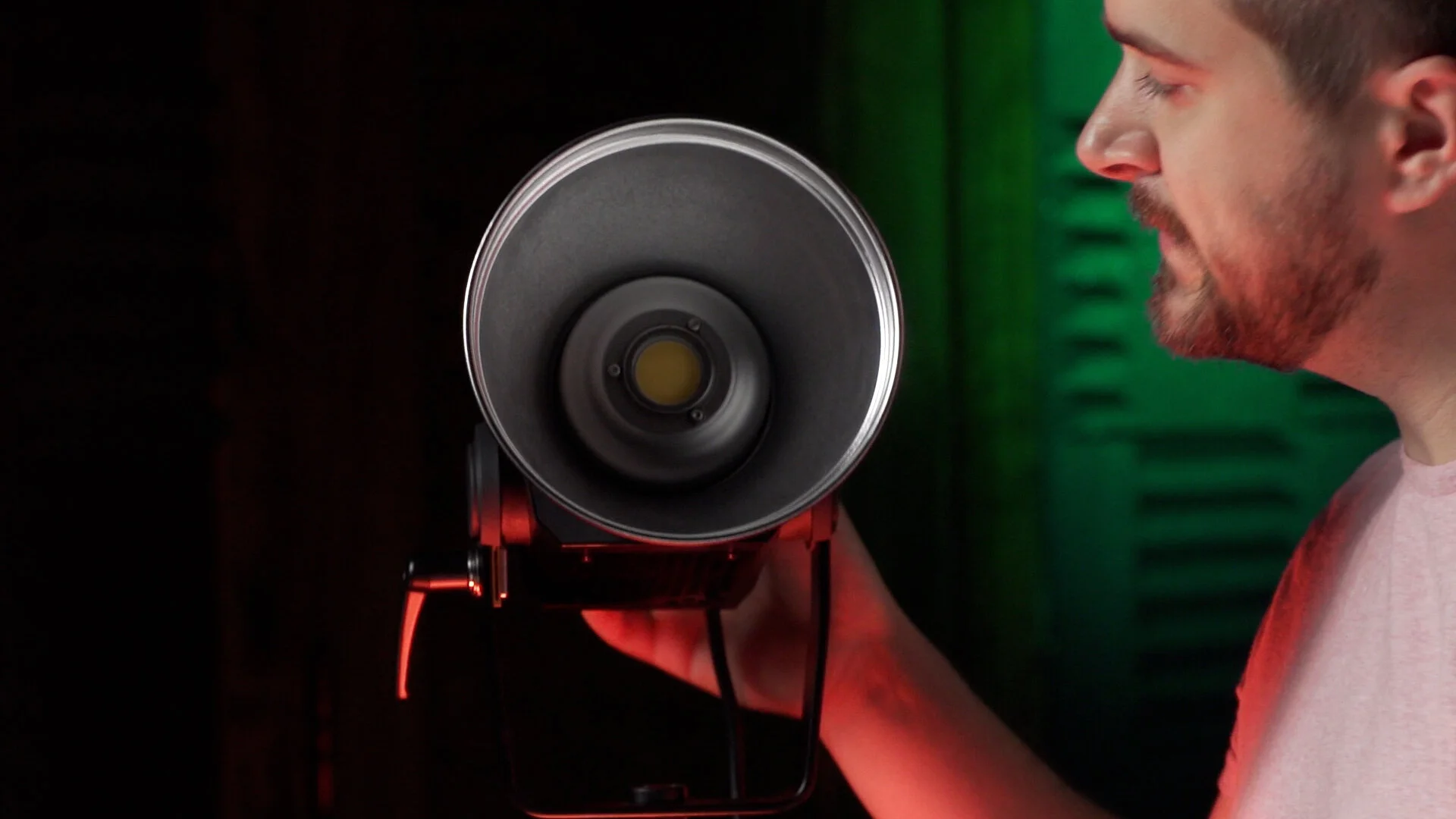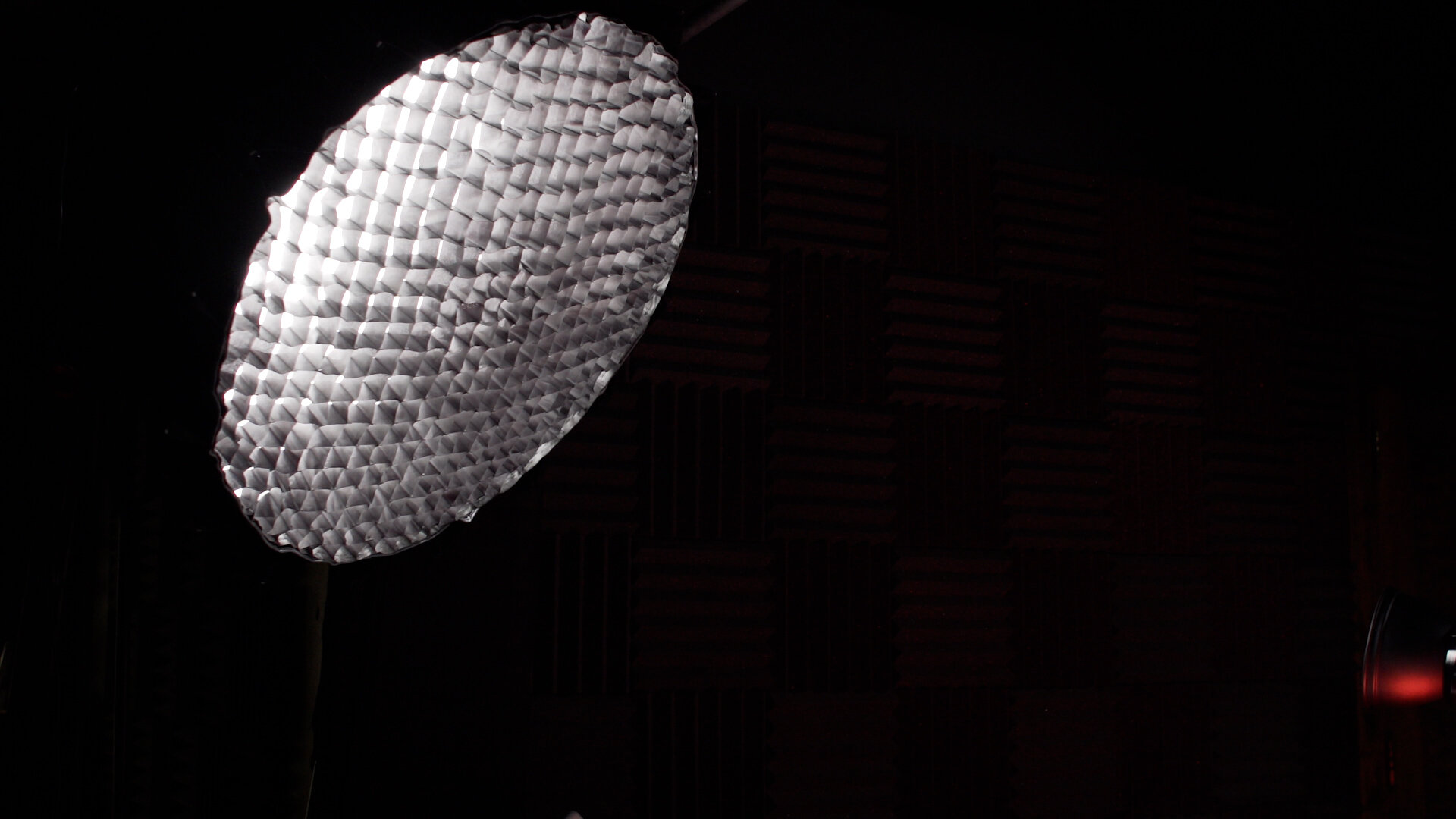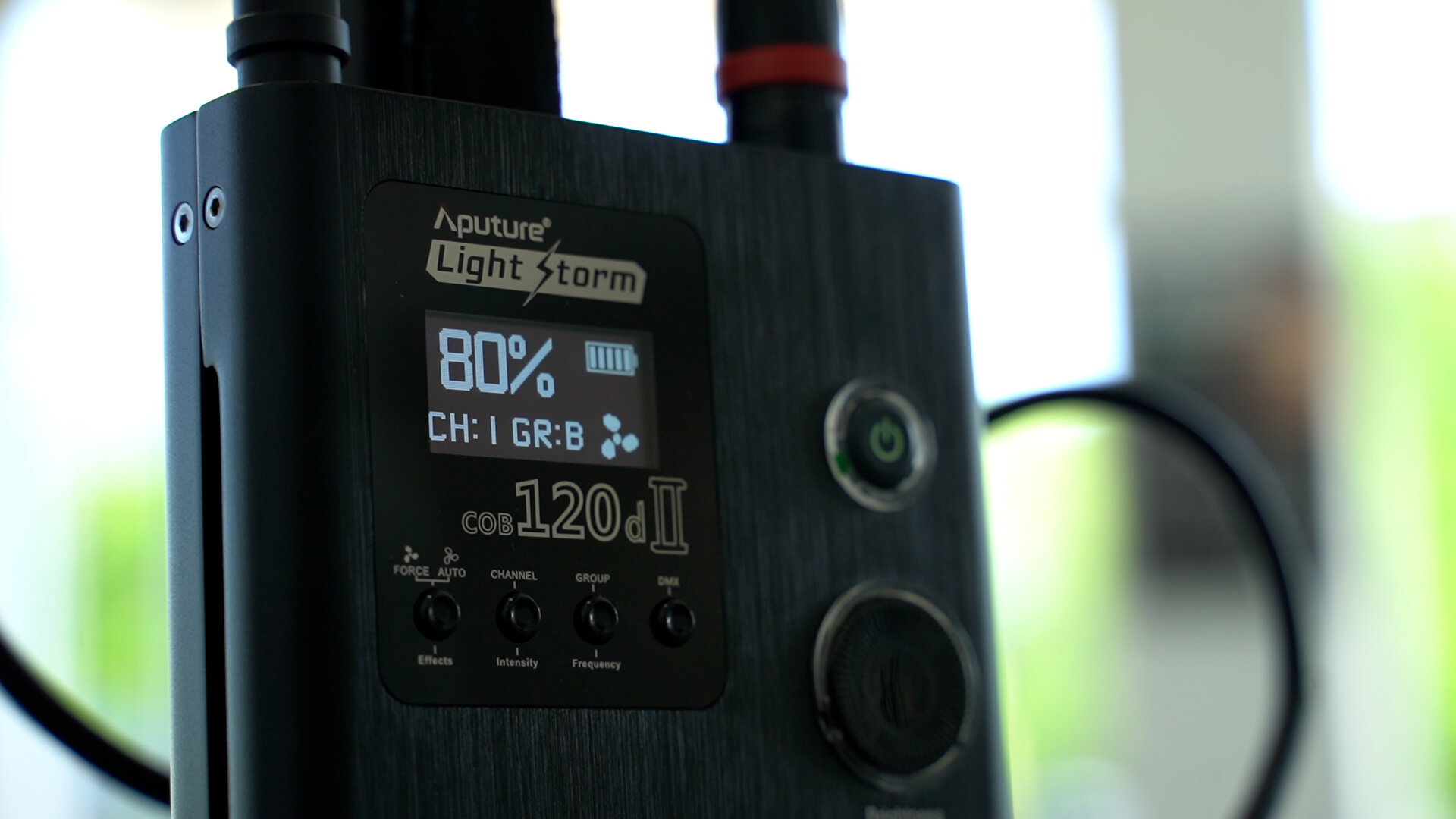Aputure 120d ii Review - Best Video Lights for Indie Filmmakers
One of the most overlooked aspects of production for YouTube creators and indie filmmakers, is lighting. Even with the best camera, a great lens, and solid audio, if the lighting is not on point, the overall production can be compromised.
Over our production company’s filmmaking career, we've used just about every light, from fluorescent tube lights, LED panels, to hot tungsten lights. But now, we've found the best all-around solution for lighting in the filmmaking world: Aputure lights.
The light featured in this video is the Aputure 120d mark ii. These lights from Aputure are what's called “chip on-board” or COB LED lights. When looking at the actual element, it's just a single COB light.
The reason the Aputure lights are such a revolution in lighting is because they produce a single source of light. The problem with LED panels is they produce a myriad of different points of illumination and the best one can hope for is a wash of light on a subject. They work well for a fill, but if a tight key or an easily modified light is desired, a single point of light is necessary.
The Aputure can produce light that is both soft and diffused. As shown in this video, the Aputure light is diffused through a softbox. One of the advantages to a COB style light is there are a variety of modifiers to change the shape of the light.
The Aputure light comes with a reflector disc, which is a pretty simple modifier. This gives a relatively narrow beam of light to work with and is a more hard light. Nick is utilizing this setup as the rim light for the video.
For an in-depth look at all the different modifiers offered by Aputure, check out our video on the Aputure 300dii.
A feature of these lights that sets them apart from other similarly priced offerings, is the build quality of the different components. The connections are sturdy, thick cables that are part of a locking mechanism. There's a trick connector for the power and a nice long cable, making carrying around tons of extension cords a thing of the past.
There is also a DMX style cable that goes from the box itself to the light. It's broken into two components: the light component on top, which is relatively lightweight and can be placed on a standard light stand, and the power box, which utilizes either a standard power cord or a V mount battery. The light is controlled from the interface shown in the video or using the 2.4 gigahertz wireless adapter.
Aputure also offers nice cases that come with all of their equipment. The bags are made from sturdy fabric, with padding and pockets on the inside for all the different components. The interior has thick foam that's soft and protects all the different components of the light. There's also zipper pouches for different accessories.
Arguably, the most important function of these lights is the color accuracy, which is the CRI on lights that show how accurate they are. This accuracy refers to how close the lights resemble natural sunlight.
The reason the accuracy of color from the light is so important is because it affects how the colors show on camera. The colors seen are simply reflected light, meaning it’s necessary that the light source is accurate - this will make skin tones flattering and avoid the strange color cast often attributed to fluorescent lighting.
The other great feature of these lights is the build quality. The frame is made of metal and the Aputure 120dii has a handbrake, which is convenient for moving the light up and down in a tilting position and locking it in place.
These lights bridge the gap between professional quality and approachable pricing. They are the perfect addition to any filmmaker’s lighting arsenal, as they can be used in a multitude of different setups, while upping production value.
The Aputure 120dii, as of this video’s recording, retailed for around $740 to $750 US dollars, which may seem like a lot. However, as opposed to cheaper light panels, the Aputure is a professional light in a prosumer cost range.
Over the years, Aputure has listened to its customers and changed their products in ways that make sense, make them easier to use, and are more affordable for independent filmmakers.
There are some areas of production where scaling back on expensive film gadgets can be made up for by ingenuity on set. Lighting, however, is not one of them. Opting for more professional grade lighting will take projects to the next level, while making post production color grading that much easier.
Afterall, there's a reason “lights” are first in the phrase “Lights, camera, action!”









